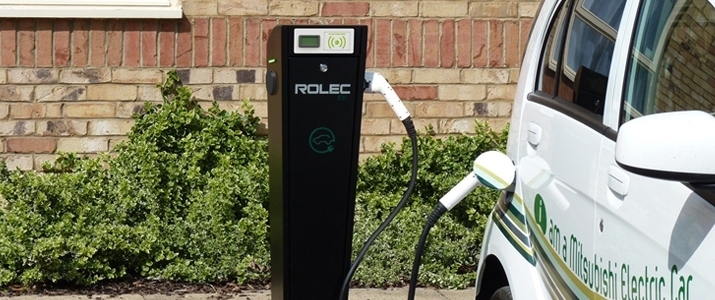How green are electric vehicles?
.
How much energy, carbon and resources are needed to build e-cars?
Electric cars are not carbon neutral – Vision Group for Sidmouth
The Environment Secretary has brought some attention to other downsides of electric cars:
Electric cars may not be as green as we have been led to believe, the Environment Secretary warned yesterday. George Eustice said this is due to the polluting particles produced by the heavier battery-powered vehicles. This means the gains from switching to electric cars from petrol and diesel ones ‘may be less than some people hope’ because of particles they create which do not come out of the exhaust.
Wear from brake linings and tyres on the roads may be greater than with petrol and diesel vehicles because of the weight of the battery in electric cars, he suggested, which in turn generates more polluting fine particles. Electric cars are typically about 20 to 30 per cent heavier than their petrol or diesel counterparts. Mr Eustice was being quizzed about steps to reduce polluting particulate matter, known as PM2.5, by MPs on the environment, food and rural affairs committee.
Danish writer Bjorn Lomborg [“Global warming is real – it is man-made and it is an important problem. But it is not the end of the world.”] has written this in response:
For in an effort to signal climate leadership, No 10 is racing to end the dominance of petrol and diesel-powered cars. Indeed, it is banning the sale of new fossil-fuel vehicles from 2030. Just as it once extolled the benefits of diesel, we are told now that electric cars are the future — and a crucial fix for climate change.

What it fails to tell us, however, is that electric cars are not the answer for many people, for a host of practical reasons. These include their upfront cost, limited range, the time it takes to charge batteries, the new infrastructure needed for charging points and the extra power required to supply them. Even more alarmingly, a report in the journal Nature suggests that because electric cars are heavier than other vehicles, they will likely kill more occupants of other vehicles in traffic accidents.
Meanwhile, the Auto Trader website has got in touch with the VGS – with an excellent overview of ‘how green’ electric vehicles are:
Their guide shows how the rising demand for electric vehicles (EVs), the mining and manufacture of EV components, and how the lifecycle of EVs plays into long-term sustainability efforts.
It offers insights into:
- The infrastructure challenges of rising demand for electric cars
- A look at sustainability strategies within the car industry
- The impact of increased manufacturing of EV batteries and chargers
- The global efforts towards increased transparency and traceability of EV supply chains
- ‘Circular economy’ initiatives to reduce scrap and landfill waste from EV manufacturing
- Helpful advice for responsible electric car ownership
Their data and stats show that:
- 57% of consumers are willing to change their purchasing habits to help the environment
- The UK will need 6.99 million charge points by 2030 – 1.66 million of which will need to be public
For more information, check it here:
Ethical Driving – The Sustainability of Electric Cars | AutoTrader